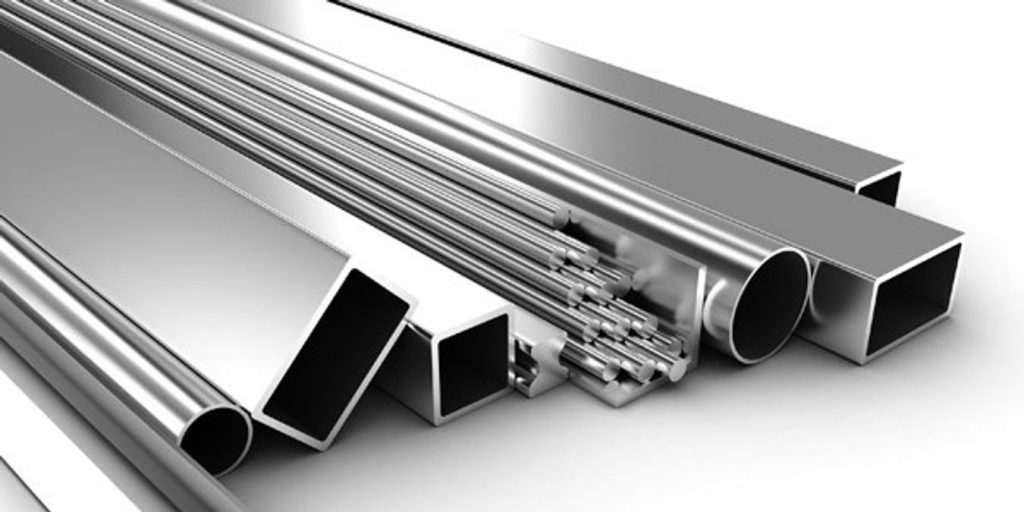According to five sources, the premium for aluminium shipments to Japanese clients was fixed at $172 per tonne from April to June, down 2.8 per cent from the previous quarter, as poor demand in Japan and China outweighed fears about supply interruptions from Russia.
This is a decrease from the $177 per tonne paid in the January-March quarter, and it is the second consecutive quarterly decrease. It’s also less than the producers’ first proposals of $195-$250.
Japan is Asia’s largest aluminium importer, and the premiums it agrees to pay for primary metal shipments over the benchmark London Metal Exchange (LME) cash price establish the regional benchmark.
Because of the sensitivity of the negotiations, the sources who were directly involved in pricing discussions declined to be identified.
One of them, who works for a Japanese brokerage, explained that the drop in premiums was due to weak demand from the automotive industry, which is dealing with a chip shortage, as well as enough supply in Asia since China has increased semi-manufactured metals exports.
According to the source, a tight container market and high freight charge made it difficult to transfer the metal from Asia to Europe or North America, where premiums are significantly greater.
China is increasing aluminium exports to plug a growing supply imbalance in Western markets.
In early March, global suppliers such as Rio Tinto (RIO.AX) and South32 (S32.AX), as well as Japanese rolled product makers and trading houses, began price talks. Because of the uncertainty surrounding Russia’s exports as a result of sanctions imposed after its invasion of Ukraine, the talks took longer than usual.
In 2021, Russia supplied 17 per cent of Japan’s total primary aluminium ingot imports and 6% of global aluminium supply.
